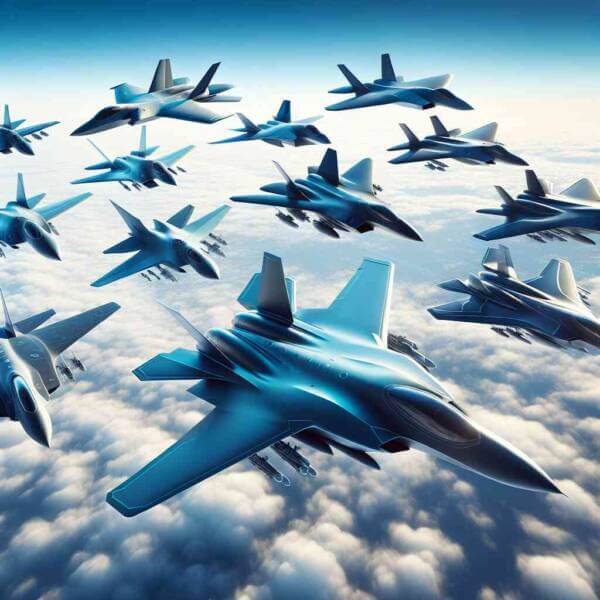The Future of Military Aviation
The Future of Military Aviation
Blog Article

Since its beginnings in the early 20th century, military aviation has changed how wars are fought.
Nations invest heavily in military aviation to maintain superiority.
History of Military Aviation
Military aviation started during World War I, with aircraft initially used for spying on enemy movements.
Major milestones in military aviation history include:
- The introduction of fighter planes and bombers
- World War II advancements
- The Cold War era
- Remote operations changing the face of conflict
Each era brought innovative strategies that redefined military capabilities.
Main Categories of Military Aviation
Understanding the types of military aircraft helps in appreciating the complexity of modern air forces.
Common categories of military aircraft are:
- Planes built for speed and agility
- Aircraft for long-range attacks
- Transport aircraft
- Eyes in the sky for modern armies
Each type plays a critical function in military operations, from securing airspace.
The Strategic Value of Military Aviation
Controlling the skies gives forces the advantage.
Benefits of air superiority include:
- Reducing enemy effectiveness
- Disrupting enemy supply lines
- Early warning and real-time data
- Demonstrating power and deterrence
Nations with strong military aviation capabilities can control conflicts.
Advancements Shaping the Future
Military aviation is at the forefront of technological innovation.
Recent innovations include:
- Aircraft designed to evade radar detection
- Hypersonic weapons
- Unmanned aircraft operating independently
- Directed energy weapons
These advancements enhance lethality for air forces worldwide.
Risks and Limitations
Despite technological superiority, military aviation faces significant risks.
Key challenges include:
- Budget constraints for defense programs
- Rapid technological changes
- Protecting systems from hacking and sabotage
- New debates about AI in warfare
Addressing these challenges is essential for maintaining air power.
Where Military Aviation is Heading
The future of military aviation promises an era of transformation.
Future trends may include:
- Smarter decision-making systems
- Defending assets beyond Earth
- Eco-friendly military aircraft
- Joint defense projects
The next era of military aviation will shape the future of global security.
The Enduring Power of Military Air Forces
Military aviation remains a decisive factor in global defense.
As technology continues to evolve, the skies will remain a frontline of innovation where here military aviation shapes the world order.
The future of military aviation is more dynamic than ever — and it’s only just beginning. Report this page